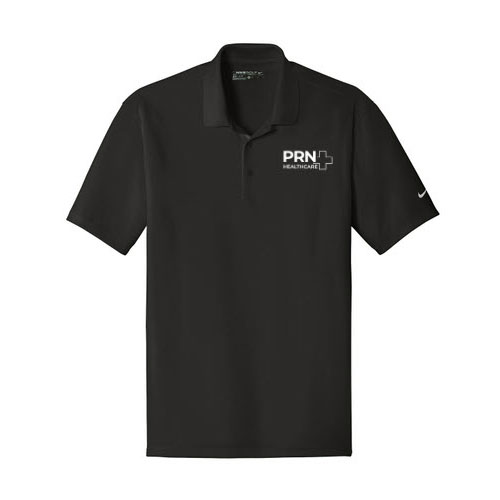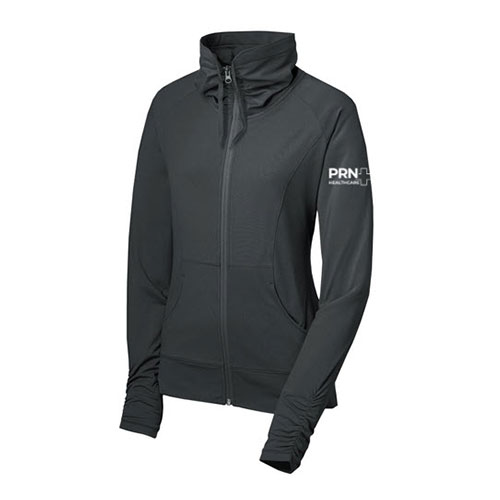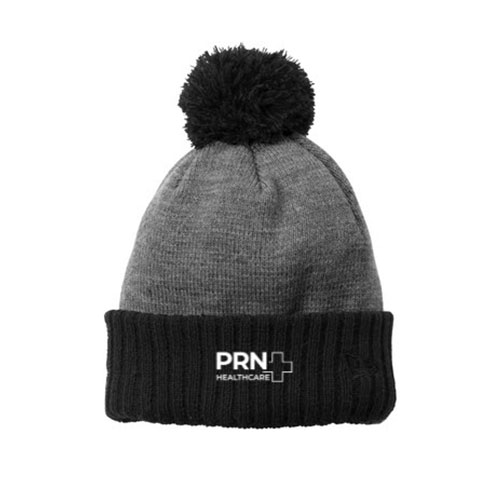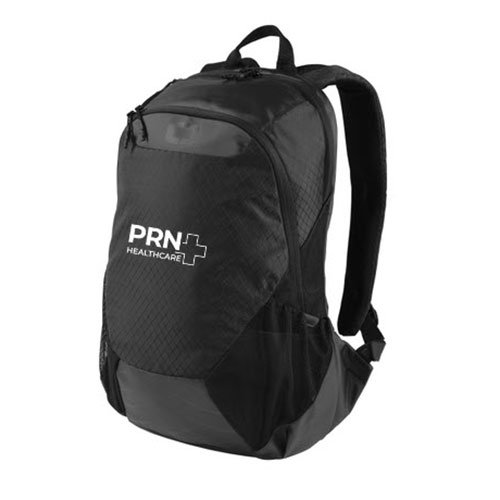Table of Contents
Preparing for the interview is crucial because it increases your likelihood of securing an ICU position. Effective and thorough preparation helps a candidate present themselves with confidence, clearly articulate their skills and experiences, and respond effectively to the questions. By practicing potential interview questions, an RN can refine their answers, reduce their anxiety, and demonstrate they are the best candidate for the job.
Preparation reflects positivity on a candidate’s enthusiasm and performance, and it will leave a good impression on the potential employer. In a competitive job market, being prepared can elevate a candidate above fellow candidate.
Preparing for your ICU RN interview involves anticipating questions about both your medical, technical knowledge and skill set. Here are 20 potential interview questions along with potential answers:
Why did you want to work as an ICU nurse?
Answer: “I thrive in high-pressure environments where I can make a direct impact on patient outcomes. The ICU challenges me to think critically, act quickly, and work as part of a dedicated team to provide life-saving care.”
What experience do you have in critical care nursing?
Answer: “I have [X] years of experience in ICU nursing, caring for patients with respiratory failure, sepsis, post-operative complications, and other critical conditions. I am proficient in ventilator management, hemodynamic monitoring, titrating vasopressors, and responding to Code Blue situations.”
How do you handle stress in the ICU?
Answer: “I remain calm by focusing on my training, prioritizing tasks, and relying on my team. After work, I like to exercise to manage stress levels.”
How do you assess a critically ill patient upon admission?
Answer: “I follow a systematic approach: primary survey (Airway, Breathing, Circulation), vital signs, neurological status, and pain assessment. I review their labs, imaging, and the orders while ensuring their IV access, monitors, and emergency interventions are in place.
What are early signs of sepsis, and how do you respond?
Answer: “Early signs include fever, tachycardia, hypotension, increased respiratory rate, and altered mental status. I immediately initiate the sepsis protocol: obtain blood cultures, administer broad-spectrum antibiotics, fluid resuscitation, and monitor lactate levels.”
How do you manage a patient on a ventilator?
Answer: “I monitor respiratory rate, tidal volume, FiO2, and ABGs closely. I look for signs of ventilator-associated pneumonia (VAP) and collaborate with respiratory therapists and physicians to adjust the settings as needed.”
What is your experience with hemodynamic monitoring?
Answer: “I am proficient in managing arterial lines, central venous pressure (CVP) monitoring, and pulmonary artery catheters. I also assess the trends in blood pressure, cardiac output, and fluid responsiveness to guide interventions.”
How do you titrate vasopressors?
Answer: “I would start with the lowest effective dose and titrate based on the patient’s blood pressure and MAP goals. I would monitor for adverse effects such as arrhythmias and ensure continuous EKG and hemodynamic monitoring.”
How do you manage a patient experiencing acute respiratory distress (ARDS)?
Answer: “I use lung-protective ventilation strategies (low tidal volume, high PEEP), prone positioning when indicated, and close monitoring of oxygenation and hemodynamics.”
How do you handle a Code Blue situation?
Answer: “I would immediately assess patient responsiveness, call for help, and begin high-quality CPR while ensuring proper airway management. I work together with the team to administer medications, use the defibrillator if necessary, and document interventions.”
How do you manage a patient experiencing a hypertensive crisis?
Answer: “I monitor for signs of end-organ damage (e.g., stroke, renal failure) and administer antihypertensive medications per protocol, ensuring their blood pressure is gradually lowered to prevent complications.”
A patient’s family is insisting on treatments that the medical team advises against. How do you handle this?
Answer: “I would listen to the family’s concerns, provide education on the patient’s prognosis, and involve the care team, including the physician and ethics committee, if necessary, to find a resolution.”
How do you handle a situation where a doctor orders something you believe is incorrect?
Answer: “I would double-check the order, gather supporting data, and professionally discuss my concerns with the physician, advocating for the safest care for the patient.”
How do you build rapport with critically ill patients and their families?
Answer: “I communicate with empathy, provide clear explanations, keep families informed, and offer emotional support.”
Describe a time you had a conflict with a colleague and how you handled it.
Answer: “I addressed the issue privately, actively listened to their concerns, and found a resolution through open communication and teamwork.”
How do you handle ethical dilemmas in the ICU?
Answer: “I adhere to hospital policies, involve the ethics committee if needed, and ensure that patient autonomy and best interests are prioritized.”
How do you ensure continuity of care during shift changes?
Answer: “I give thorough handoff reports using SBAR (Situation, Background, Assessment, Recommendation) and ensure critical updates are communicated effectively.”
Tell me about a time you had to make a quick decision in the ICU.
Answer: Describe a situation where you rapidly assessed a deteriorating patient, acted, and collaborated with the team for a successful outcome.
How do you manage time effectively with multiple critically ill patients?
Answer: “I prioritize based on acuity, use delegation when appropriate, and stay organized with checklists and EHR documentation.”
What is the most challenging aspect of ICU nursing, and how do you handle it?
Answer: “End-of-life care is challenging. I approach it with compassion, provide emotional support to families while ensuring patients receive dignified care.”
Interview preparation is key to a strong, first impression. By practicing possible interview questions, an ICU nurse can improve their communication skills, reduce their anxiety, and convey their qualifications for their desired nursing position. Preparation will help boost your confidence and demonstrates your commitment and professionalism. Being well-prepared is an important step toward career success as a RN.




